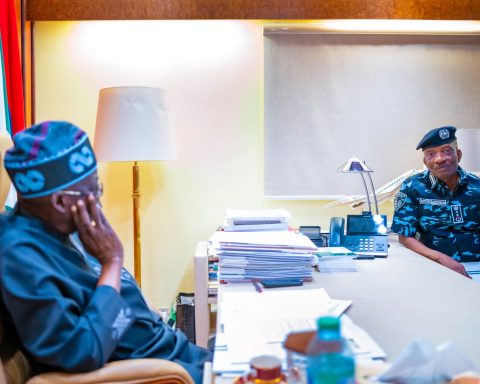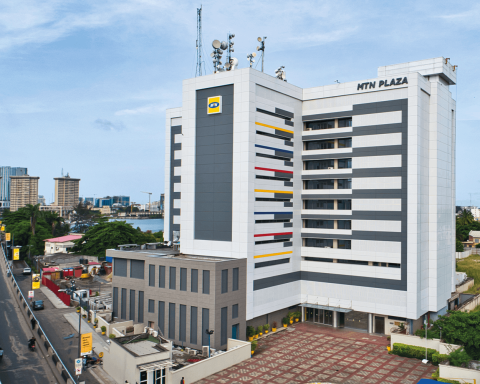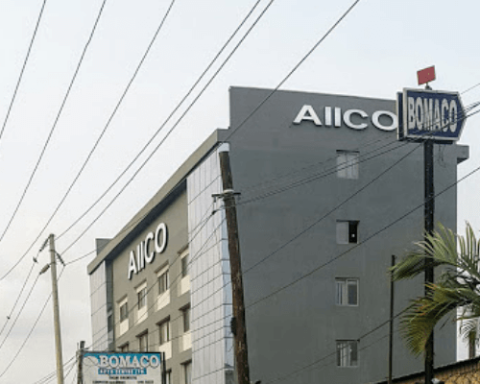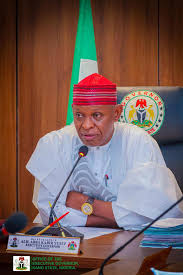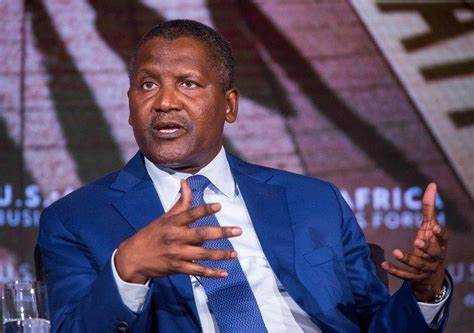Nigeria In October 2024 embarked on a bold initiative to strengthen its energy sector by implementing the “Naira-for-crude” policy. This strategy allowed local refineries to purchase crude oil in the local currency, aiming to reduce dependence on foreign exchange and stabilize fuel prices. The Dangote Petroleum Refinery, a $20 billion facility with a capacity of 650,000 barrels per day, became a central player in this policy.
As the initial six-month agreement approaches its expiration on March 31, 2025, negotiations between the Nigerian National Petroleum Company Limited (NNPCL) and Dangote Refinery are underway to renew the deal. This development raises critical questions about the future of Nigeria’s energy market and the potential impact of extending the Naira-for-crude arrangement.
Join our WhatsApp ChannelThe Genesis of the Naira-for-Crude Policy
READ ALSO: Naira-for-crude Deal: Dangote Refinery Got Over 48 Million Barrels – NNPCL
The Naira-for-crude policy was introduced to address persistent challenges in Nigeria’s energy sector, particularly the heavy reliance on imported petroleum products and the associated foreign exchange pressures. By allowing refineries to purchase crude oil in naira, the government aimed to enhance local refining capacity, reduce import bills, and stabilize fuel prices for consumers. The Dangote Refinery, inaugurated in 2023, was the first to participate in this scheme, receiving 48 million barrels of crude oil between October and December 2024 under the agreement.
Negotiations for Renewal
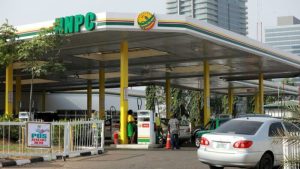
As the initial agreement nears its end, both NNPCL and Dangote Refinery are engaged in discussions to renew the Naira-for-crude deal. Olufemi Soneye, NNPCL’s Chief Corporate Communications Officer, emphasized that the original contract was a six-month agreement subject to availability, and talks are ongoing to establish a new contract. He stated, “Under this arrangement, NNPCL has made over 48 million barrels of crude oil available to Dangote Refinery since October 2024.” This underscores the government’s commitment to maintaining the policy framework that enables the sale of crude oil in naira for domestic refining. Zacch Adedeji, Chairman of the Technical Sub-Committee on the Naira-for-crude deal, reaffirmed this stance, noting that there has been no decision at the policy level to discontinue this approach.
Impact on the Energy Market
The implementation of the Naira-for-crude policy has led to notable shifts in Nigeria’s energy market. One significant development is the emergence of a price war in the downstream oil industry. Aliko Dangote’s refinery reduced the price of petrol sold to distributors, compelling the state-owned NNPCL to follow suit. This competition resulted in petrol prices in Lagos dropping to N860 per liter, reflecting true supply and demand dynamics for the first time. Factors such as declining global oil prices and the removal of government fuel subsidies have also contributed to this competitive environment. However, concerns about potential market monopolies have arisen, reminiscent of Dangote’s previous dominance in the cement industry. Industry experts emphasize the need for ongoing competition to prevent monopolistic control.
Challenges and Considerations
While the Naira-for-crude policy has yielded positive outcomes, challenges persist. The Dangote Refinery has faced difficulties in securing a steady crude oil supply from Nigeria’s state oil company, NNPCL, due to limited availability and existing corruption within the sector. These challenges have raised questions about the refinery’s profitability and its ability to operate at full capacity. Despite these hurdles, Dangote remains committed to reducing Nigeria’s dependence on imported fuel, with the refinery anticipating a significant increase in revenue this year.
Expert Perspectives
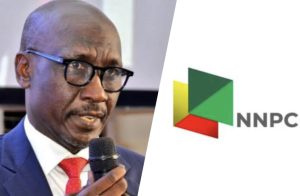
Industry experts have weighed in on the potential impact of renewing the Naira-for-crude deal. Dr. Ayo Teriba, a leading economist, remarked, “The Naira-for-crude policy is a strategic move to strengthen the naira and reduce our dependency on foreign exchange for fuel imports. Its continuation could stabilize the economy.” Similarly, energy analyst Dolapo Oni noted, “Local refining in naira addresses supply bottlenecks and currency pressures, but the government must ensure transparency and efficiency in crude allocation.”
However, concerns about market dynamics persist. Financial analyst Bismarck Rewane cautioned in his interview that, “While Dangote’s price reduction benefits consumers, we must be wary of potential monopolistic practices that could arise from such dominance.”
Future Outlook
The ongoing negotiations between NNPCL and Dangote Refinery are pivotal for the future of Nigeria’s energy market. The outcome will determine whether the Naira-for-crude policy continues to shape the sector by promoting local refining, reducing foreign exchange exposure, and stabilizing fuel prices. As discussions progress, stakeholders will closely monitor the terms of the new agreement, particularly concerning crude supply volumes, pricing mechanisms, and measures to ensure a competitive market landscape. The successful renewal of the Naira-for-crude deal could serve as a model for other African nations seeking to bolster their energy independence and economic stability.





